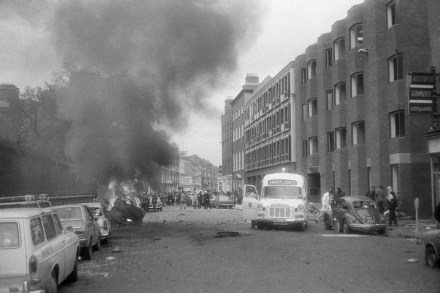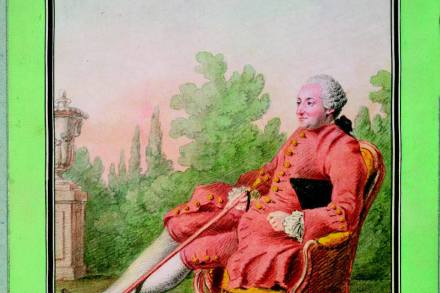This Social Union, This Commonwealth
On reflection, perhaps I’ve been a little too quick to discount the historical significance of the Queen’s visit to Ireland this week. Like so much else, it’s a question of perspective. If you’re 80 years old and a citizen of the Irish Republic, perhaps the sight of the Irish President greeting and welcoming the British monarch on equal terms would seem quietly moving and even a cause of some pride. I might think that this was what it was all about and I might see the visit as another confirmation that the Irish state has taken its rightful place in the community of nations. That’s been true for many years,













